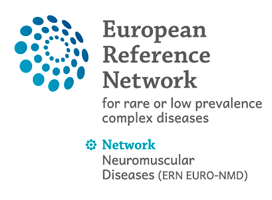28 Apr 2020
MCT8 Deficiency: The Road to Therapies for a Rare Disease
Authors:
Carmen Grijota-Martínez, Soledad Bárez-López, David Gómez-Andrés and Ana Guadaño-Ferraz
Allan-Herndon-Dudley syndrome is a rare disease caused by inactivating mutations in the SLC16A2 gene, which encodes the monocarboxylate transporter 8 (MCT8), a transmembrane transporter specific for thyroid hormones (T3 and T4). Lack of MCT8 function produces serious neurological disturbances, most likely due to impaired transport of thyroid hormones across brain barriers during development resulting in severe brain hypothyroidism. Patients also suffer from thyrotoxicity in other organs due to the presence of a high concentration of T3 in the serum. An effective therapeutic strategy should restore thyroid hormone serum levels (both T3 and T4) and should address MCT8 transporter deficiency in brain barriers and neural cells, to enable the access of thyroid hormones to target neural cells. Unfortunately, targeted therapeutic options are currently scarce and their effect is limited to an improvement in the thyrotoxic state, with no sign of any neurological improvement. The use of thyroid hormone analogs such as TRIAC, DITPA, or sobetirome, that do not require MCT8 to cross cell membranes and whose controlled thyromimetic activity could potentially restore the normal function of the affected organs, are being explored to improve the cerebral availability of these analogs. Other strategies aiming to restore the transport of THs through MCT8 at the brain barriers and the cellular membranes include gene replacement therapy and the use of pharmacological chaperones. The design of an appropriate therapeutic strategy in combination with an early diagnosis (at prenatal stages), will be key aspects to improve the devastating alterations present in these patients.

